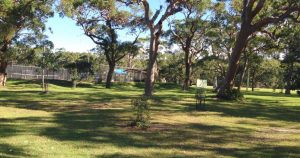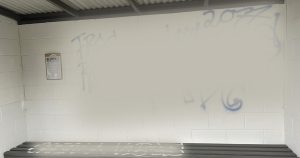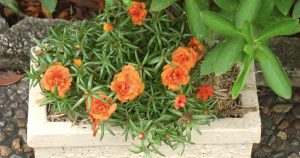On a recent visit to the State Library of NSW, by pure chance I happened to come upon an exhibition of early colonial artworks. The exhibition is billed as the ‘first ever retrospective of 19th Century Australia’s best unknown artist, Charles Rodius’.
Born Joseph Myer in 1802 in Cologne, Germany, as a teenager he moved to Paris, France, where he studied art and worked as a teacher of “music, painting, drawing and languages in families of the first distinction”.
Relocating to London in 1827, Myer changed his name to Charles Rodius. In early 1829 he was charged with stealing a perfume bottle, tickets, an opera glass and a handkerchief from a woman’s purse. Rodius defended himself, arguing that the items were gifts from some of his female students.
Whatever the truth, he was convicted and sentenced to seven years’ transportation to the Australian penal colony of New South Wales.
Upon arrival in Australia, Rodius’s skills as a draughtsman were utilised by the colonial authorities and he was assigned to the Department of Public Works in Sydney. He taught drawing to civil and military officers and helped to draft plans for proposed colonial buildings.

Rodius was also commissioned as a portraitist by members of the colony’s elite. With the support of his patronage, Rodius was granted a ticket of exemption in 1832—the year he began to earn his own living as an artist—which was changed to a ticket of leave two years later in 1834. Finally in July 1841, Rodius was granted his certificate of freedom.
Rodius remained in Australia where he continued to create portraits of well-known colonial identities, as well as painting many images of indigenous Australians.
One of the colonial identities on display is an exquisite miniature portrait painted on ivory of our very own Solomon Wiseman’s second wife, Sophia. This work was purchased by the State Library for over $50,000 at a Melbourne Art Auction in October 2023.
The painting was previously owned by the late Bruce Kerr, who had purchased it for $850 on ebay in the US. It was very exciting to see, as there is a dearth of information regarding Sophia Wiseman, let alone pictorial representations.
Another portrait that was hanging in the same vicinity was a dark and brooding painting of Sophia’s husband, Solomon. Dressed in gentleman’s finery, the ex convict cuts a dapper figure. His visage is stern, and he holds an open Bible in one hand, and his ever present telescope in the other.
This painting, donated in 1994, does not have an artist attributed to it, however it is not too much of a stretch to imagine that if Rodius was granted a sitting with Sophia, perhaps he was commissioned to paint Solomon as well.
Charles Rodius suffered a stroke in the late 1850s, leaving him paralysed on one side, and on 9th April 1860 he died “of infirmity” at Sydney’s Liverpool Hospital. He outlived two wives and is believed to have had a son in 1834.







